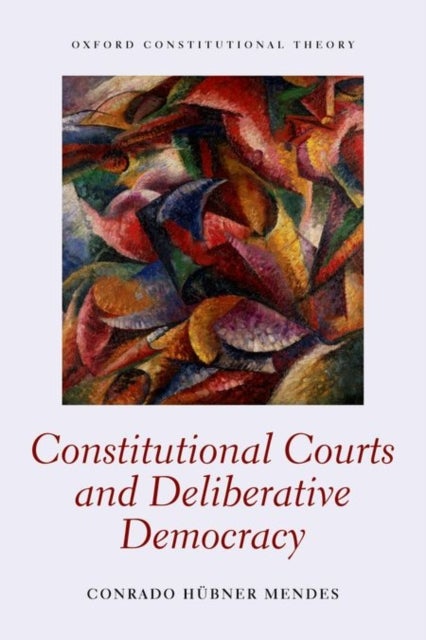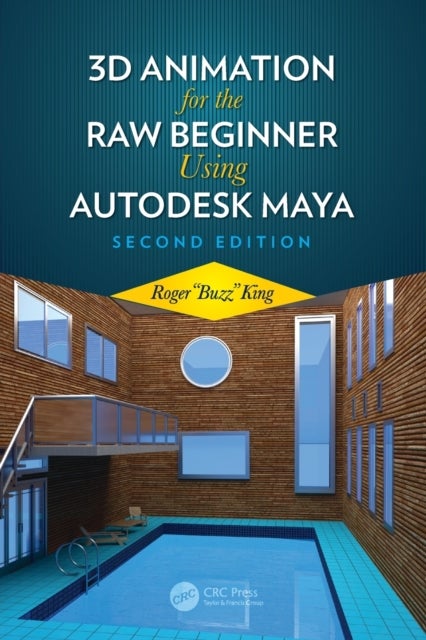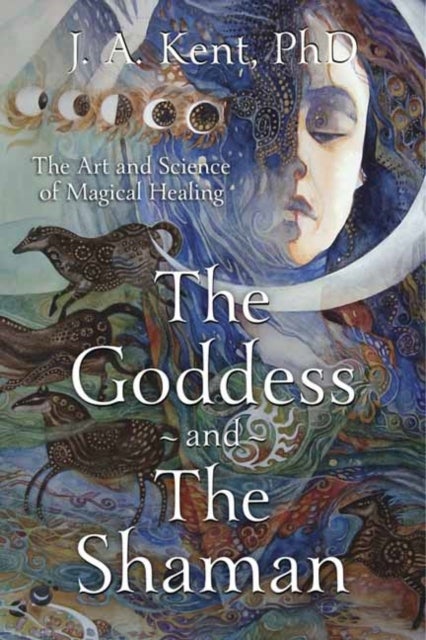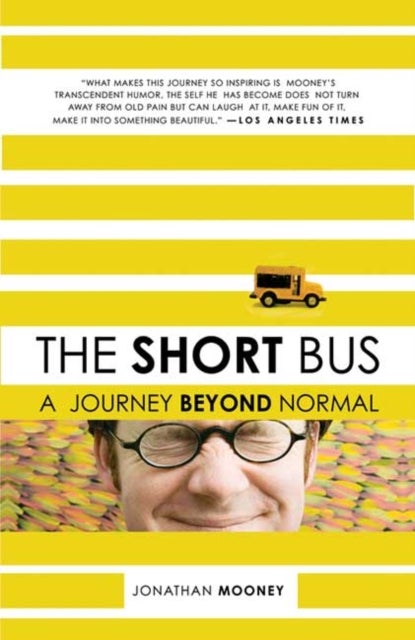
Constitutional Courts and Deliberative Democracy av Conrado Hubner (Professor-Doctor of Constitutional Law University of Sao Paulo) Mendes
559,-
Contemporary democracies have granted an expansive amount of power to unelected judges that sit in constitutional or supreme courts. This power shift has never been easily squared with the institutional backbones through which democracy is popularly supposed to be structured. The best institutional translation of a ''government of the people, by the people and for the people'' is usually expressed through elections and electoral representation in parliaments.Judicial review of legislation has been challenged as bypassing that common sense conception of democratic rule. The alleged ''democratic deficit'' behind what courts are legally empowered to do has been met with a variety of justifications in favour of judicial review. One common justification claims that constitutional courts are, in comparison to elected parliaments, much better suited for impartial deliberation and public reason-giving. Fundamental rights would thus be better protected bythat insulated mode of decision-making.








